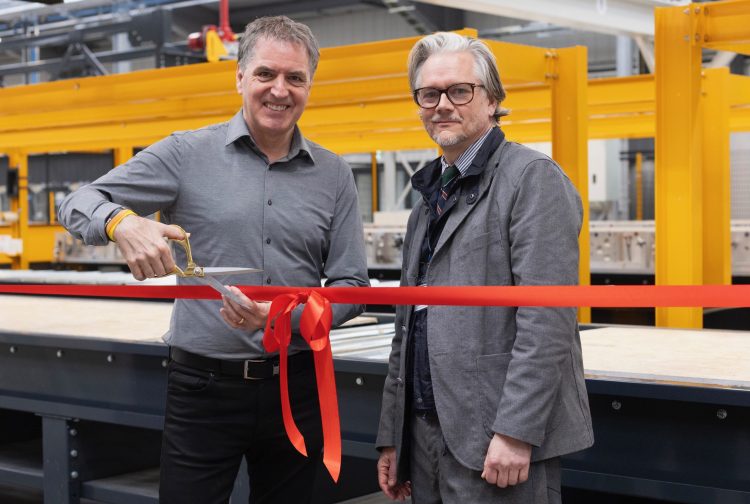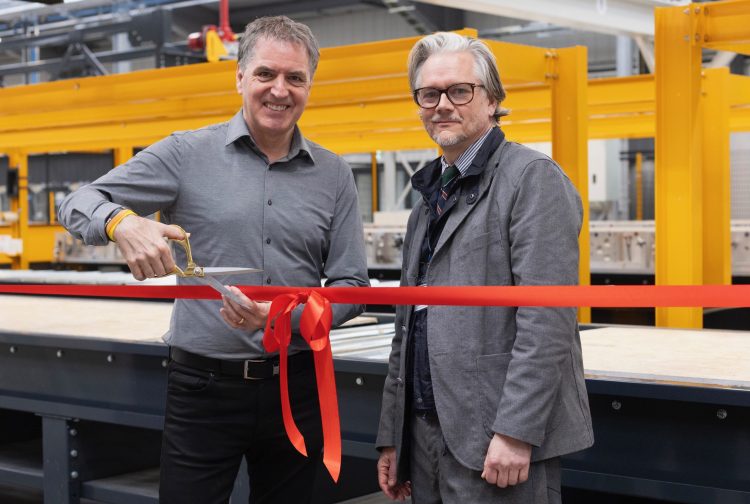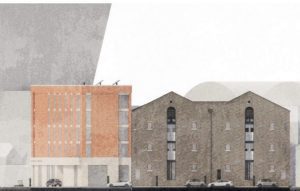Liverpool insulated panel maker Hemsec, backed to the tune of £1m by Metro Mayor Steve Rotheram’s Flexible Growth Fund, reports half million pound loss despite revenues rising 29% to £17.3m. Tony McDonough reports

Specialist insulated panel manufacturer Hemsec is reporting annual pre-tax losses of more than half a million pounds despite a big rise in revenues.
Hemsec, which has been backed to the tune of £1m by Metro Mayor Steve Rotheram’s £20m Flexible Growth Fund, has just published its accounts for the 12 months to December 31, 2023, on Companies House.
They show revenues for the period up 29% to £17.3m. However, after reporting pre-tax profits of £378,313 for the previous year, the Liverpool business has now revealed pre-tax losses of £534,803. No dividends have been paid for the year.
In August 2024 LBN revealed Hemsec had created 25 jobs and two apprenticeships at its new Merseyside factory after securing the £1m loan from the Flexible Growth Fund for new investment.
It opened its 84,000 sq ft manufacturing facility at Huyton Business Park in August 2022 to add to its existing plant in Rainhill.
Thanks to this cash injection the firm, which was founded in 1928, has bought new machinery to step up production of its structural insulated panels (SIPs) which are used in the construction of modular homes, now a booming sector.
Almost a century ago, Cyril Hemmings set up the business to supply insulated cabinets for ice-cream makers. Today, it supplies its panels to multiple sectors. The panels are designed to keep cold air out or keep it in.
Today Hemsec is still in the Hemmings family with William Hemmings now the sole owner. In the annual report, Mr Hemmings doesn’t address any specific reasons for the company slipping into red, he did outline the challenges it faces. He said: “Global turmoil continues to have the potential to affect us and all businesses.
“The principal risks and uncertainties continue to be from unpredictable disruption to the global economic environment caused by Russia’s war against Ukraine, causing political uncertainty which impacts construction, materials and energy, and the effects of climate change.”
Hemsec was one of the UK’s first to develop SIPs for residential applications at scale in 2007, foreseeing the UK’s need for more energy-efficient buildings, and for fast construction using modern methods of construction (MMC).
Panelised construction is a modern method of construction that involves the fabrication of structural panels off-site, which are then transported to the construction site for assembly.
SIPs provide a superior airtightness and insulation level, particularly in comparison to traditional masonry methods of building homes, producing homes that can significantly improve standards of living and are cheaper to heat.”
READ MORE: Next Energy sees revenues double to £80.6m
Speaking in 2024 Steve Rotheram said: “This is exactly what our Flexible Growth Fund was created for—empowering local companies to innovate, create jobs, and stay ahead in their field.
“Hemsec’s new manufacturing hub is not just an investment in their future but in the future of our region, driving forward our ambitions to be a leader in modern, energy efficient construction.”
The accounts also show that during the financial year Hemsec employed 49 people. Most of its revenues, around £16.6m, came from UK customers while more than £750,000 came from the Republic of Ireland and Europe.
The post Losses at Liverpool panel firm despite revenue rise appeared first on Liverpool Business News.





